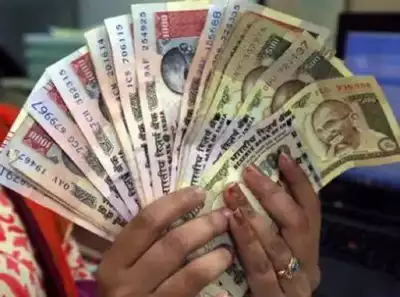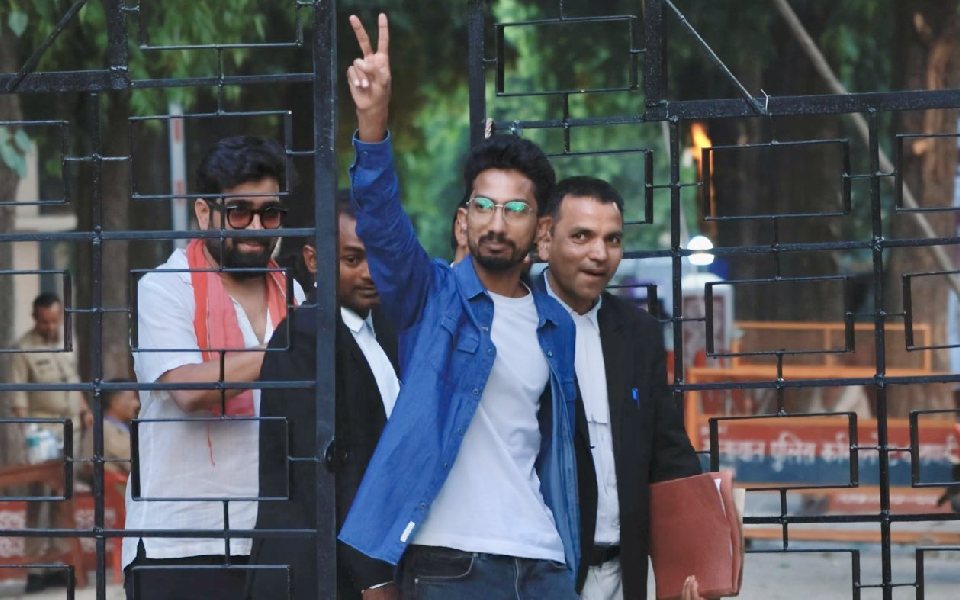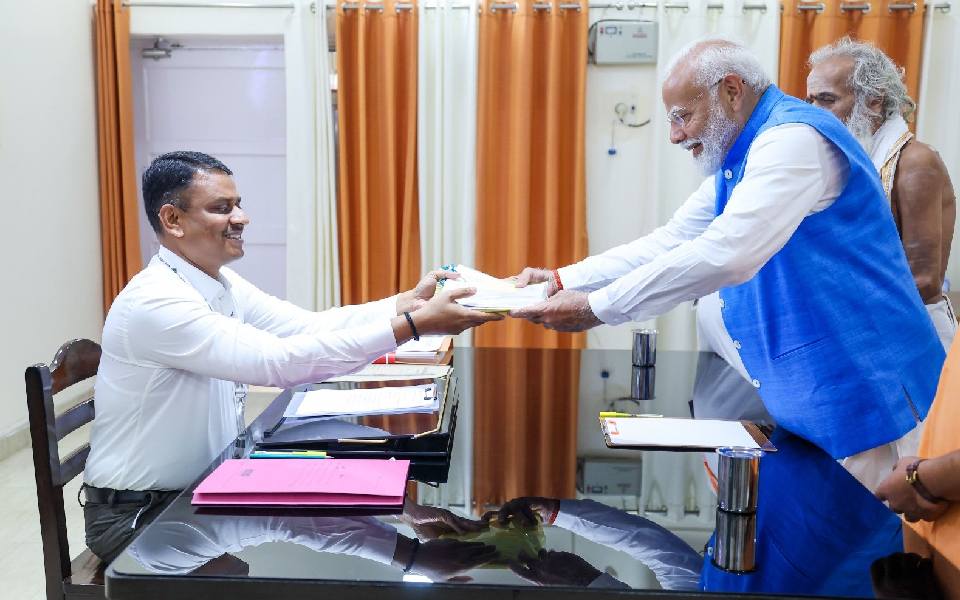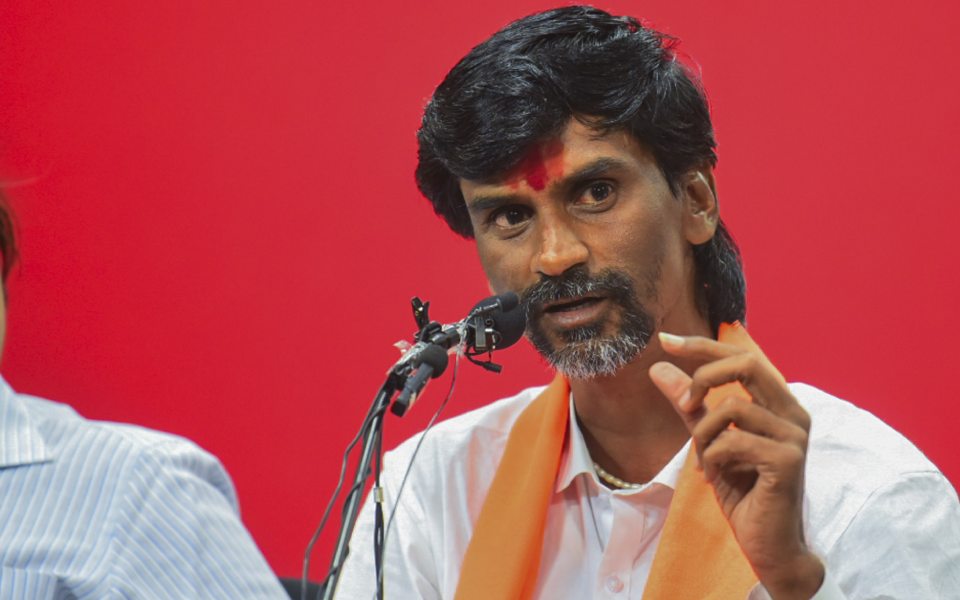New Delhi, Nov 16: The 2016 demonetisation was a "well-considered" decision and part of a larger strategy to combat the menace of fake money, terror financing, black money and tax evasion, the Union government has told the Supreme Court.
Defending its decision to demonetise currency notes of Rs 500 and Rs 1000 denominations, the Centre told the top court the step was taken after extensive consultation with the Reserve Bank of India and advance preparations were made before the note ban was enforced.
The submissions were made in an affidavit filed in response to a batch of pleas challenging the Centre's 2016 demonetisation decision.
"The withdrawal of the legal tender character of the specified bank notes was by itself an effective measure and was also a part of a larger strategy for combating the menace of fake money, terror financing, black money and tax evasion, but not confined to them alone.
"It was an economic policy decision exercised in accordance with powers conferred by an Act of the Parliament (RBI Act, 1934), in conformity with the provisions of the said Act and was subsequently affirmatively taken note of by the Parliament in the Specified Bank Notes (Cessation of Liabilities) Act, 2017," the Centre submitted.
The withdrawal of the legal tender character of the specified bank notes was one of the critical steps in the series of transformational economic policy steps, it said.
A five-judge constitution bench comprising Justices S A Nazeer, B R Gavai, A S Bopanna, V Ramasubramanian, and B V Nagarathna is hearing the issue and is slated to take up the matter on November 24.
The Union government submitted the decision of demonetisation was executed on the specific recommendation of the Central Board of the Reserve Bank of India and the RBI had also proposed a draft scheme for the implementation of the recommendation.
"The Central Board of the RBI made a specific recommendation to the central government for the withdrawal of legal tender character of the existing series of Rs. 500 and Rs. 1000 banknotes.
"The RBI also proposed a draft scheme for the implementation of the recommendation. The recommendation and the draft scheme were duly considered by the Central Government and, based on that, the Notification was published in the Gazette of India declaring that the specified bank notes shall cease to be legal tender," it said.
Contending that wide-ranging measures were taken to minimise and mitigate the hardships faced by the people, the Centre said that it exempted specified bank notes from ceasing to be legal tender for certain transactions such as booking bus, train and air tickets, treatment at Government Hospitals, purchase of LPG cylinders, etc.
"Rooting out the menace of fake currency, black money and financing of subversive activities, expansion of the formal sector, digitalisation of transactions, expanding communication connectivity to enable last mile reach, broadening the tax base, enhancing tax compliance... were high on the economic policy agenda of the government," the Centre said.
It also mentioned lowering the cost of business, facilitating financial inclusion, and removal of long-term perennial distortions on the informal sector side.
On November 9, Attorney General R Venkataramani apologised to the bench for not being able to prepare the comprehensive affidavit and sought a week.
Justice Nagarathna had observed that normally the Constitution Bench does not rise like this and it was very embarrassing.
The top court granted one week to the Centre to file an affidavit.
The bench was hearing a batch of 58 petitions challenging the Centre's November 8, 2016 decision to demonetise the Rs 1000 and Rs 500 denomination currency notes.
On December 16, 2016, a bench headed by then Chief Justice TS Thakur referred the question of the validity of the decision and other related matters to a larger bench of five judges for an authoritative pronouncement.
Let the Truth be known. If you read VB and like VB, please be a VB Supporter and Help us deliver the Truth to one and all.
Varanasi: Comedian Shyam Rangeela has finally filed his nomination papers as an independent candidate from the Varanasi parliamentary constituency on Tuesday, May 14, the last day of filing papers.
Rangeela, who intended to contest against Prime Minister Narendra Modi had alleged on Monday that he was being denied a nomination from the seat, as he along with several other candidates were reportedly made to wait for filling papers on May 10th and May 13th.
Shyam Rangeela, taking to his official ‘X’ handle, wrote, "With your love and support, I have completed all the requirements as per the rules and submitted the nomination. I also have full faith in the democracy of this country. Now the next two-three days are crucial. Thank you all very much for your cooperation. My electoral future rests in the hands of all election officials who are the custodians of our democracy. With the hope that they all strengthen our faith, Yours Shyam Rangeela.”
Alongside, Shyam, BJP candidate Narendra Modi, Log Party's Vinay Kumar Tripathi, BJP's Surendra Narayan Singh, independent candidates Dinesh Kumar Yadav, Reena Rai, Neha Jaiswal, Ajit Kumar Jaiswal, Ashok Kumar Pandey, Sandeep Tripathi filed their nomination papers on Tuesday.
According to the Election Commision of India, a total of 41 candidates have filed nomination papers from the Varanasi constituency.
आप सभी के प्यार और सहयोग से नियमानुसार सभी आवश्यकताओं की पूर्ति करते हुए मैंने नामांकन दाखिल कर दिया है, मेरा इस देश के लोकतंत्र पर अभी भी पुरा भरोसा है । अब आगे के दो तीन दिन महत्वपूर्ण होंगे।
— Shyam Rangeela (@ShyamRangeela) May 14, 2024
आप सभी का सहयोग के लिए बहुत धन्यवाद ।
हमारे लोकतंत्र के पहरी सभी चुनाव अधिकारीयों के… pic.twitter.com/JyIoFGDNli





